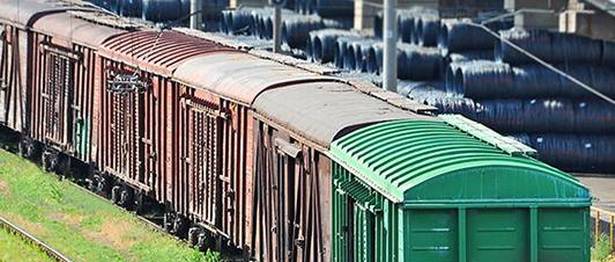
See even better participation if the Empty Return Ratio Clause is nixed
Private firms are seeking changes to a Railway Ministry scheme introduced last year that allowed them to purchase general-purpose rakes for transporting commodities, which till then was the exclusive right of the Indian Railways (IR).
The General Purpose Wagon Investment Scheme (GPWIS), billed the biggest reform undertaken by the IR, allowed private players to transport restricted commodities like coal, coke, ore and minerals, which till then were completely controlled and regulated by the public transporter.
Apart from allowing all commodities, the GPWIS safe-guarded the investment of private players by ensuring that the wagons procured under the policy did not get merged with the IR pool unlike in previous wagon investment policies.
Till date, 77 general-purpose rakes have been approved by the IR under the GPWIS policy for multiple private investors, indicating the initial success of the scheme. Two rakes are already operational in the East Coast Zone and the remaining are under procurement and manufacturing.
Logistics costs
“This policy has the private sector investing in rolling stock and freeing up IR funds for expanding tracks and signalling and telecommunications network, thus leading to de-congestion which will reduce the logistics costs for the customer,” said an industry official. He said that the GPWIS can be a strong enabler in improving the export-import (EXIM) trade and domestic freight movement. “However, the policy comes with a few conditions that are a deterrent for private players to participate and to realise the full potential,” he said.
For instance, the Empty Return Ratio (ERR) clause restrained key investors like power plants and mine operators from participating. Although a recent amendment has relaxed the clause by allowing ERR up to 40 per cent, power plants and mines are still not able to participate as their ERR would always be in the range of 50 per cent, said the industry official.
“With the ERR clause, the Indian Railways is actually refraining itself and restricting users to draw full benefits of the scheme,” he said.
Under the Circuit Adherence Compulsions Clause, once a circuit has been approved, it cannot be changed for six months. “This removes the flexibility required for logistics companies to be agile and responsive to market conditions,” he said.
“Private firms are keen on investing in the scheme and if the Indian Railways does away with the deterring ERR clause, this policy will result in a paradigm shift of operations on Indian Railways’ network by maximum participation from private investors. It will also ensure long-lasting benefits to all the stakeholders including end users, logistics service providers, and the Indian Railways,” the industry official added.
[“source=thehindubusinessline”]
